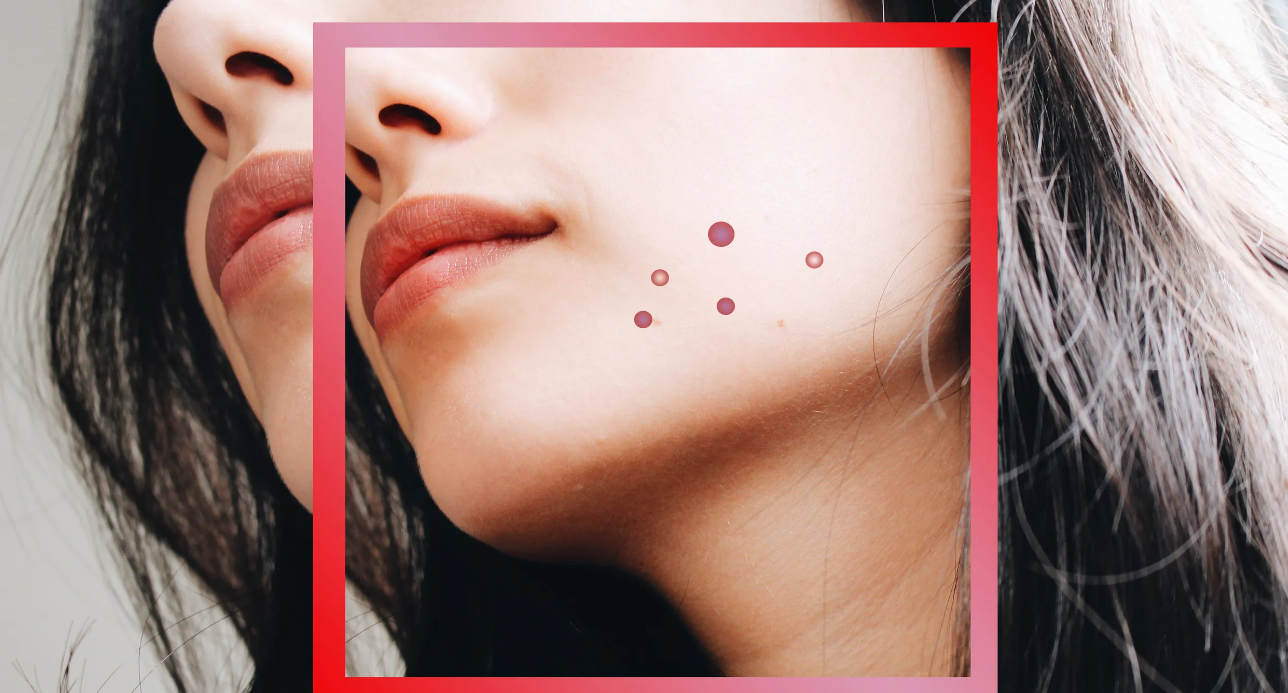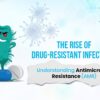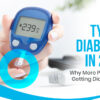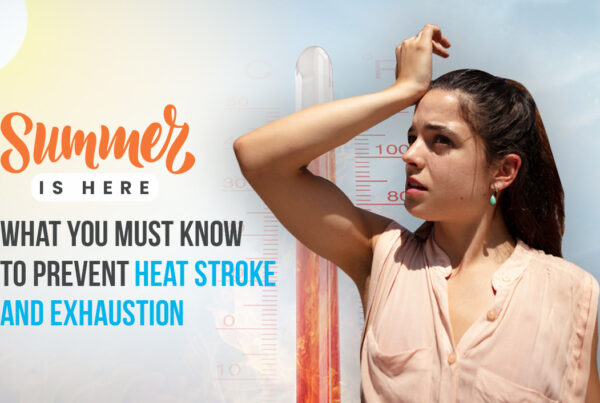All you need to know about Acne
Heads up
Acne is a chronic, inflammatory skin condition that causes spots and pimples, especially on the face, shoulders, back, neck, chest, and upper arms. Acne is a minor skin ailment that can also be treated easily with topical treatments and over-the-counter products like acne clear gels, acne face wash, and anti-acne soaps. These products are anti-inflammatory and anti-bacterial in nature and provide a rapid solution for flawless skin. Acne typically appears on your face, forehead, chest, upper back and shoulders because these areas of skin have the most oil (sebaceous) glands. Hair follicles are connected to oil glands.
Facts on Acne
- Acne is a skin disease involving the oil glands at the base of hair follicles.
- It affects 3 in every 4 people aged 11 to 30 years.
- It is not dangerous, but it can leave skin scars.
- Treatment depends on how severe and persistent it is.
- Risk factors include genetics, the menstrual cycle, anxiety and stress, hot and humid climates, using oil-based makeup, and squeezing pimples.
Signs and Symptoms
- Whiteheads (closed plugged pores)
- Blackheads (open plugged pores)
- Small red, tender bumps (papules)
- Pimples (pustules), which are papules with pus at their tips.
- Large, solid, painful lumps under the skin (nodules)
- Crusting of skin bumps.
Symptoms
- Cysts.
- Papules (small red bumps)
- Pustules (small red bumps containing white or yellow pus)
- Redness around the skin eruptions.
- Scarring of the skin.
- Whiteheads.
- Blackheads.
Acne occurs when the pores of your skin become blocked with oil, dead skin, or bacteria. Each pore of your skin is the opening to a follicle. The follicle is made up of a hair and a sebaceous (oil) gland. The oil gland releases sebum (oil), which travels up the hair, out of the pore, and onto your skin. Four main factors cause acne:
- Excess oil (sebum) production
- Hair follicles clogged by oil and dead skin cells
- Bacteria
- Inflammation
Certain things may trigger or worsen acne:
- Hormonal changes
- Certain medications
- Diet
- Stress
Effective Natural Remedies for Pimples and Acne
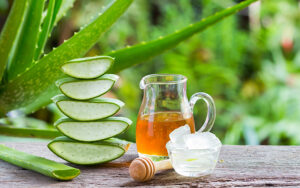
1. Aloe Vera
Aloe Vera is naturally anti-bacterial and anti-inflammatory. Thus, it can be highly effective in reducing pimples and acne. Moreover, it contains a significant amount of water which makes it an excellent natural moisturizer for the skin. It is truly a magical plant that is already used predominately in various skin care products. In fact, our AcneStar facewash is also infused with the goodness of Aloe Vera, making it one of the best products for acne.
2. Honey
The natural sweetener not only enhances the taste of various foods but also proves beneficial in the treatment of acne and pimples. Honey is known to possess bacteria-fighting abilities and is highly effective in reducing inflammation. You can combine honey with cinnamon for making a honey cinnamon mask at home.
3. Green tea
Green tea is loaded with a countless number of health benefits, be it for digestion or weight loss. What is lesser known is that the ingredient can help you in relieving acne-related problems. It contains a high concentration of Catechins, a group of polyphenols antioxidant that help in breaking down the chemicals and waste products that damage healthy skin cells. You can either savour a cup of green tea every day or use green tea extracts directly on your skin.
4. Apple cider vinegar
Apple cider vinegar is another kitchen ingredient that can help you in alleviating acne problems. It is infused with abilities that help in fighting against bacteria and fungi. Moreover, it is acidic in nature and contains organic acids that can possibly kill Propionibacterium acnes.
When to see a doctor
If self-care remedies don’t clear your acne, see your primary care doctor. Prescribe stronger medications. If acne persists or is severe, you may want to seek medical treatment from a doctor who specializes in the skin (dermatologist or pediatric dermatologist). For many women, acne can persist for decades, with flares common a week before menstruation. This type of acne tends to clear up without treatment in women who use contraceptives.

